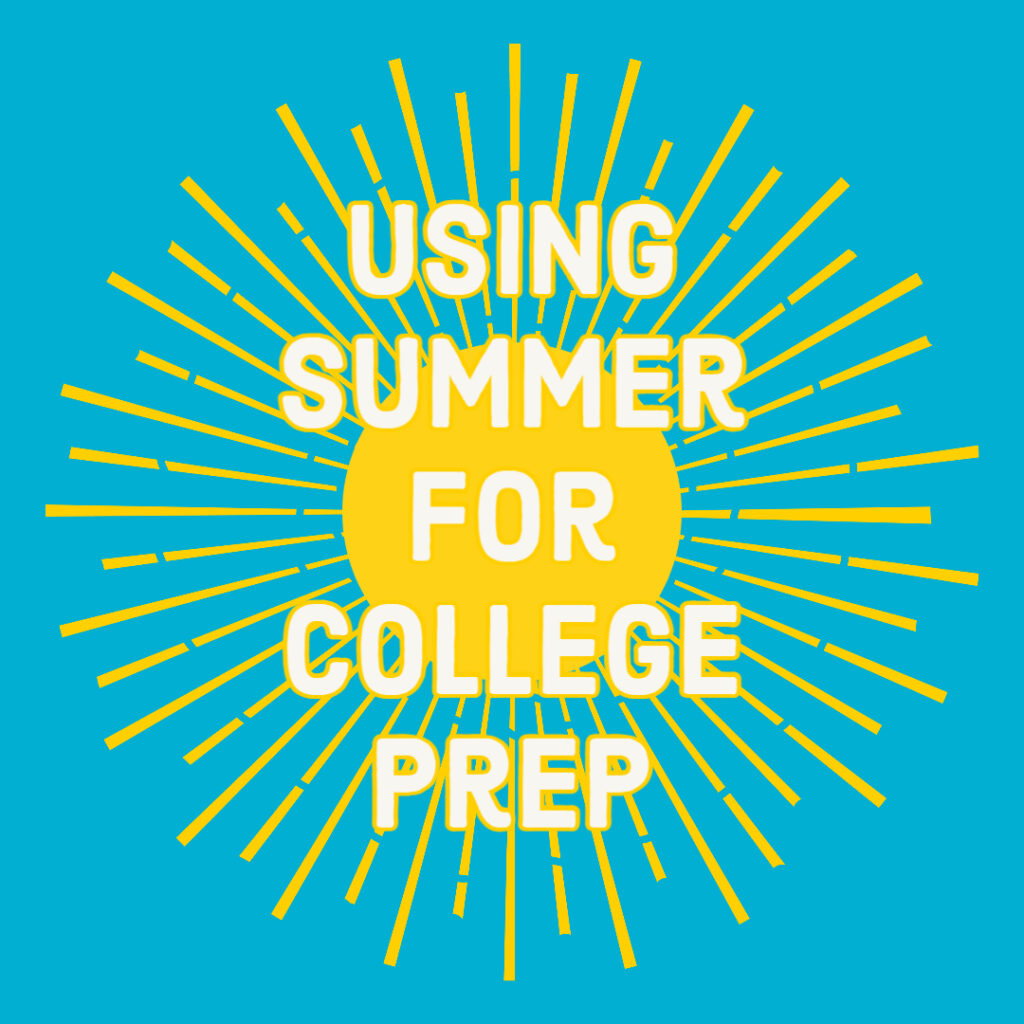
College stress happens to just about everyone – if you’re not stressed while in college, there’s probably something wrong! It’s just a combination of responsibilities and things that all add up to make you feel super tense and overwhelmed. Especially as you’re not used to living college life at all – it’s the first time you’ve ever been away from home, you have to be more independent when studying, and the course content is a lot harder than in high school.
With all of this considered, what can you do to manage college-induced stress? Here are three tactics that seem to work really well:
Continue reading 3 Tactics to Manage College-Induced Stress








